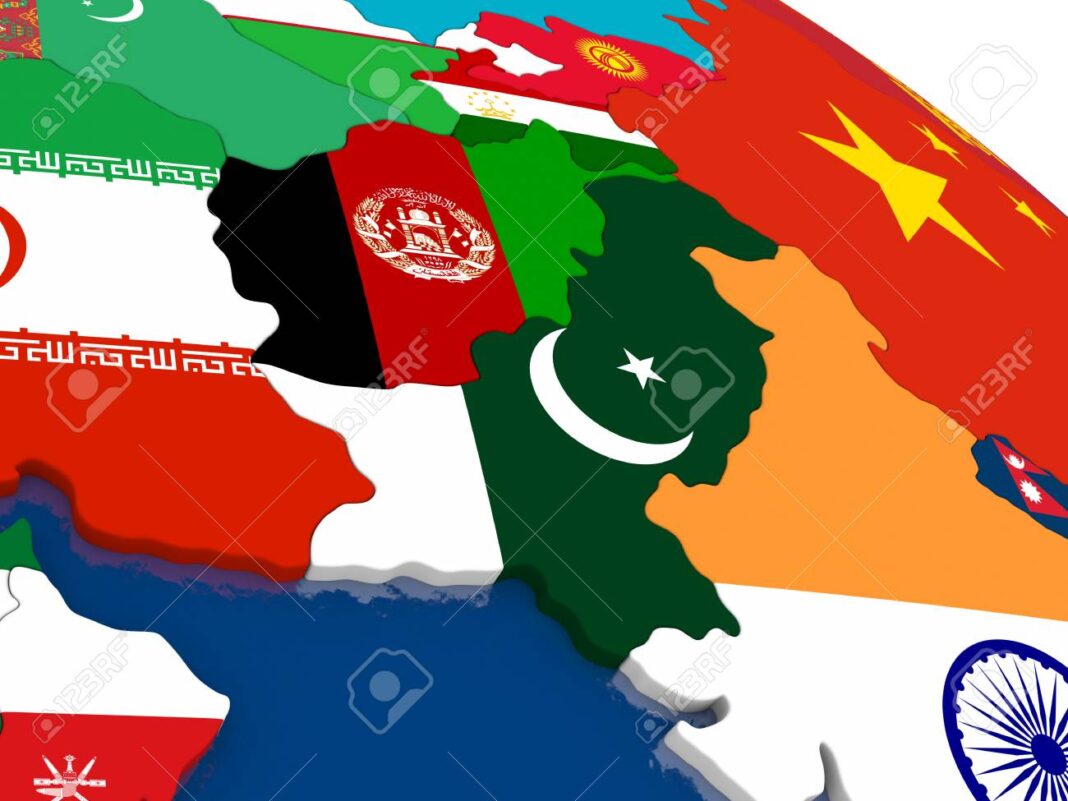By: Kamran Maqbool

Pakistan, a country located at the crossroads of Central Asia, South Asia, and the Middle East, is currently facing strategic marginalization due to various factors, including its inability to navigate between competing global and regional forces. Instead of extending cooperation with regional small powers, Pakistan has historically served the strategic interests of major foreign powers. This has resulted in a weak strategic and economic condition, leaving Pakistan vulnerable to isolation and exclusion.
In contrast, India, Pakistan’s neighbor, has maintained a balanced approach to navigate between competing forces successfully. India remained neutral during the Cold War and strengthened long-term relationships with all regional and global forces. As a result, India received diplomatic, political, and financial leverage from both superpowers, the United States of America and the Soviet Union.
Pakistan, on the other hand, preferred to join the Western block to contain the mighty Soviet Union, rendering economic and military aid from the US, which equipped its military with modern weapons and steered economic growth. However, it proved to be a short-term policy as America left Pakistan in the cold after the fall of the Soviet Union. At that moment, Pakistan was standing alone among the enemies, having a verse relationship with regional actors.
One of the major factors excluding Pakistan from representing itself as a major regional actor is the manifestation of extremist tendencies of religion for strategic and political purposes. This religious approach to foreign policy has hampered Pakistan’s national interest in multiple ways. Pakistan has failed to maintain a balanced approach among great powers of the Middle East, Iran, and Saudi Arabia, which claim as the sole guardians of Islam. Throughout history, Pakistan has had deeper strategic links with Saudi Arabia as compared to Iran, which perceived Pakistan’s promotion of Riyadh’s state ideology “Wahhabism” as a strategic threat against its regional interest and destabilized Pakistan through proxies in Baluchistan and Afghanistan.
Pakistan also strengthened covert diplomatic ties with the conservative Taliban to ensure its regional interest. However, with the collaboration of regional countries, Pakistan had a choice to support a moderate political system in Afghanistan, which could have provided access to Central Asian countries, converting landlocked Kabul into land-linked Kabul. Despite having a common identity of Islam with the Middle East and Central Asia, Pakistan is one of the least integrated nations in the region.
In the current global order, Pakistan has multiple choices to represent itself at the global and regional stage. Learning from past mistakes, Pakistan needs to shift from geo-politics to geo-economics. Pakistan should not lock horns with global powers, and both China and the US are indispensable for Pakistan to come out of strategic marginalization. The US is crucial for Pakistan to receive IMF bailout packages, and China has invested billions of dollars in the One Belt One Road Initiative (BRI), building super-highways and rail networks that will connect Pakistan to Middle Eastern and Central Asian countries. Pakistan should maintain a balanced approach between Iran and Saudi Arabia, mending fences between the two, which would be a propitious development for Pakistan, as it will alleviate sectarianism in Islamabad.
Moreover, normalizing relationships with India, which has emerged as the 5th largest global economy, surpassing the United Kingdom, is the need of the hour. Mutual cooperation between India and Pakistan is essential to counter terrorism and tackle climate change.
In conclusion, Pakistan needs to shift its foreign policy from geo-politics to geo-economics, extending economic, strategic, and diplomatic cooperation to multiple countries. It’s time for Pakistan to break free from its past mistakes and serve its national interests, keeping in mind its geo-strategic shift.
The writer is a freelancer based in Islamabad. He can be reached at [email protected]



